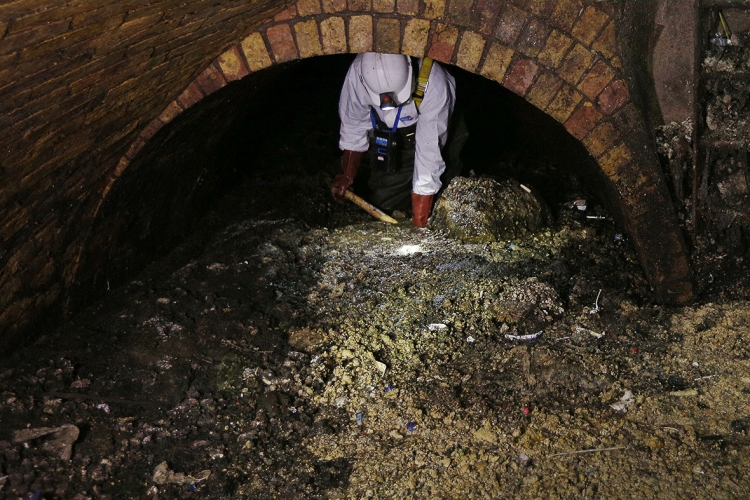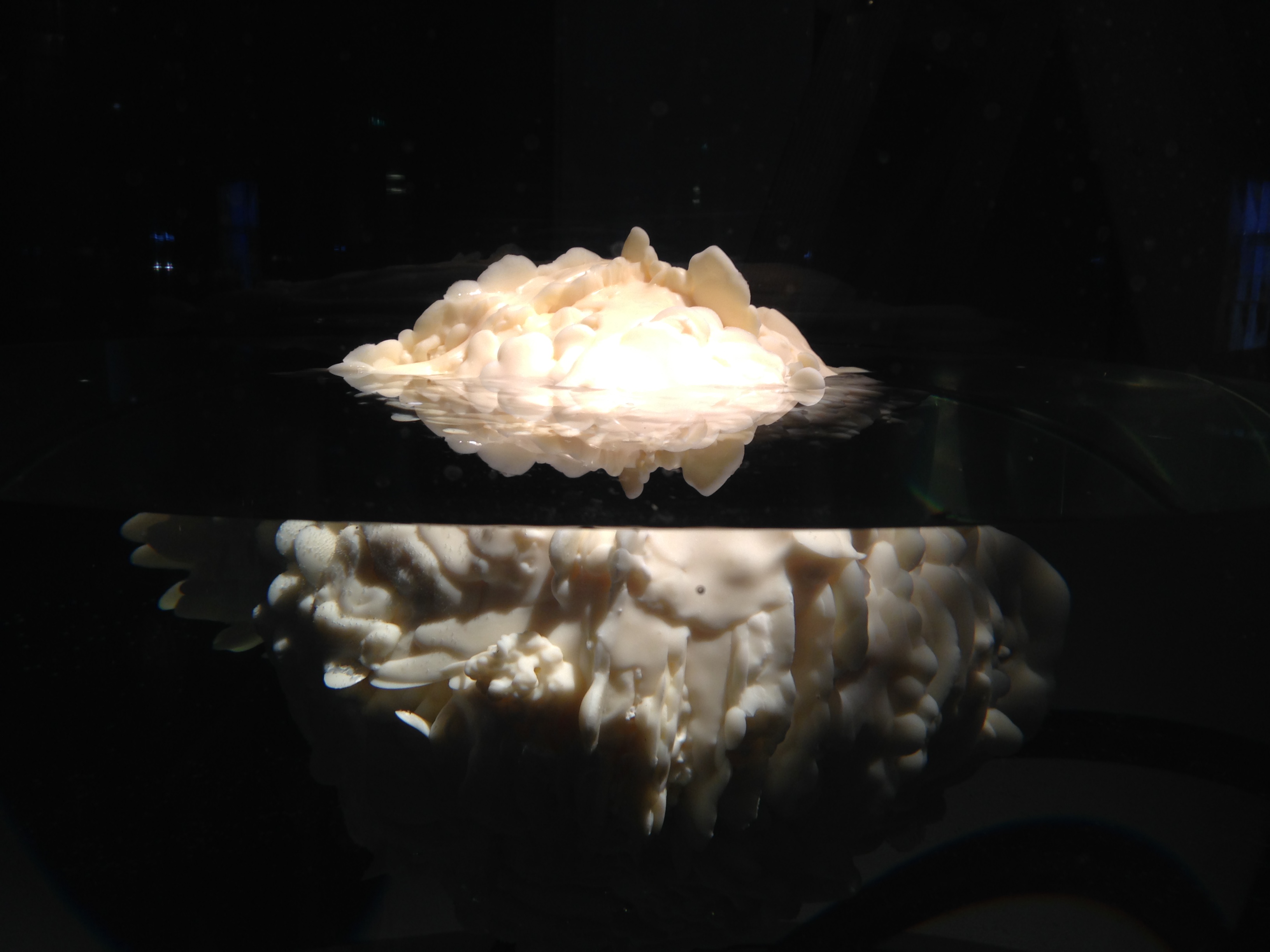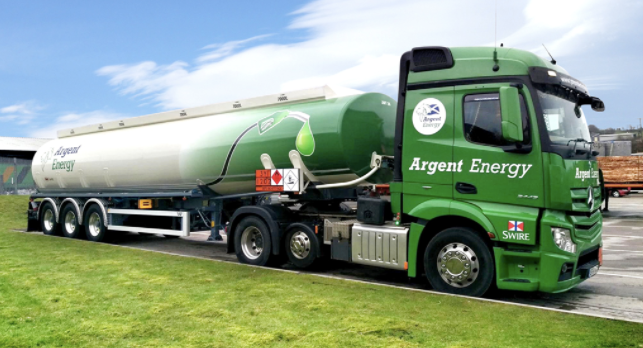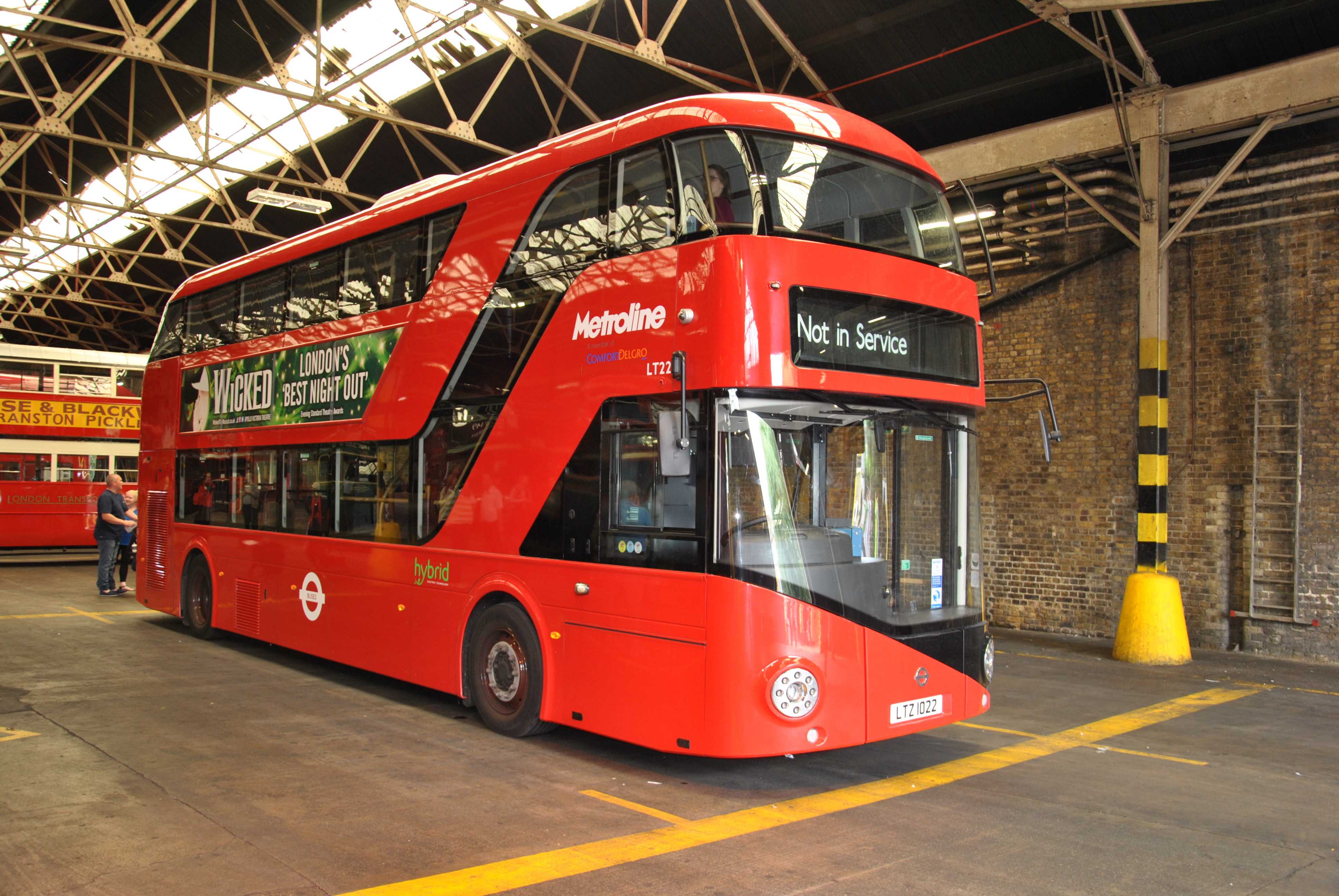Argent Energy is Turning Sewage "Fatbergs" Into BioDiesel

Not too far beneath where thousands tread on the streets of central London, a congealed mass of tampons, diapers, grease, and waste make up a whopping 130 tons of concrete like fat. The Whitechapel fatberg, first discovered in mid-September due to the major blockage that it created in the London sewer, has taken a suprising claim to fame. Certainly the grandest, this "total monster" of a fatberg is not the first. Fatbergs, iceberg-like dense masses of sewerage fat have been discovered underground in many modern cities around the world.
"It's a symptom of our modern way of living, reports Buzzfeed News. "We have fattier diets, we use things like wet-wipes now that we didn't in Victorian days, and they come together to form those fatbergs that then lead to problems like sewer flooding, and pollution to the environment, which is what we want to avoid." The Museum of London hopes to display a slice of the rancid fatberg in an exhibit as a method of "raising questions about how we live today." But Argent Energy, a Scottish Biodiesel company has different plans for the 130-ton lump of human waste: to take a piece and turn it into biodiesel fuel, which can be used as a renewable energy source.
Image Credit: Flickr/ Arne Hendriks
Argent Energy has been working for more than a decade to convert what would otherwise be landfill waste into high grade, green, sustainable diesel—a process that focuses specifically on the carbon reduction. The Scottish company has "ramped up since the opening this year of a plant at Ellesmere Port In Cheshire," according to The Guardian. Food and agricultural waste make up the majority of Argent's waste intake, where sewage sludge currently makes up about ten percent. After the sludge has been sifted for nonflushable items such as tampons and diapers, it is heated to high temperatures to melt the fat, which is then separated, combined, and processed with other chemicals to create a sustainable, clean, biodiesel.
Image Credit: Argent Energy
Dickson Posnett, one of the managing directors at Argent predicts that the new plant in Cheshire could process up to 30,000 tons of fatberg per year, enough to fill around 50,000 trucks with biodiesel. Biodiesel, a fuel created essentially through living matter such as fats and plants, produce just a small fraction of carbon emissions of a standard fuel. Biodiesel emits a significantly lower amount of fossil fuels, making it highly attractive to a sustainable, low carbon emitting economy. According to The Guardian, Argent, the number one biofuel provider in the UK, is now supplying biodiesel to Metroline, a large London bus cooperation. While Thames Water sends unfortunate workers through manholes into the stinking bowels of London, tourists, locals, and commuters alike are riding buses are driving cars above, actuated by their very own waste.
London Metroline Bus. Image Credit: Flickr/ Brian O' Doherty










